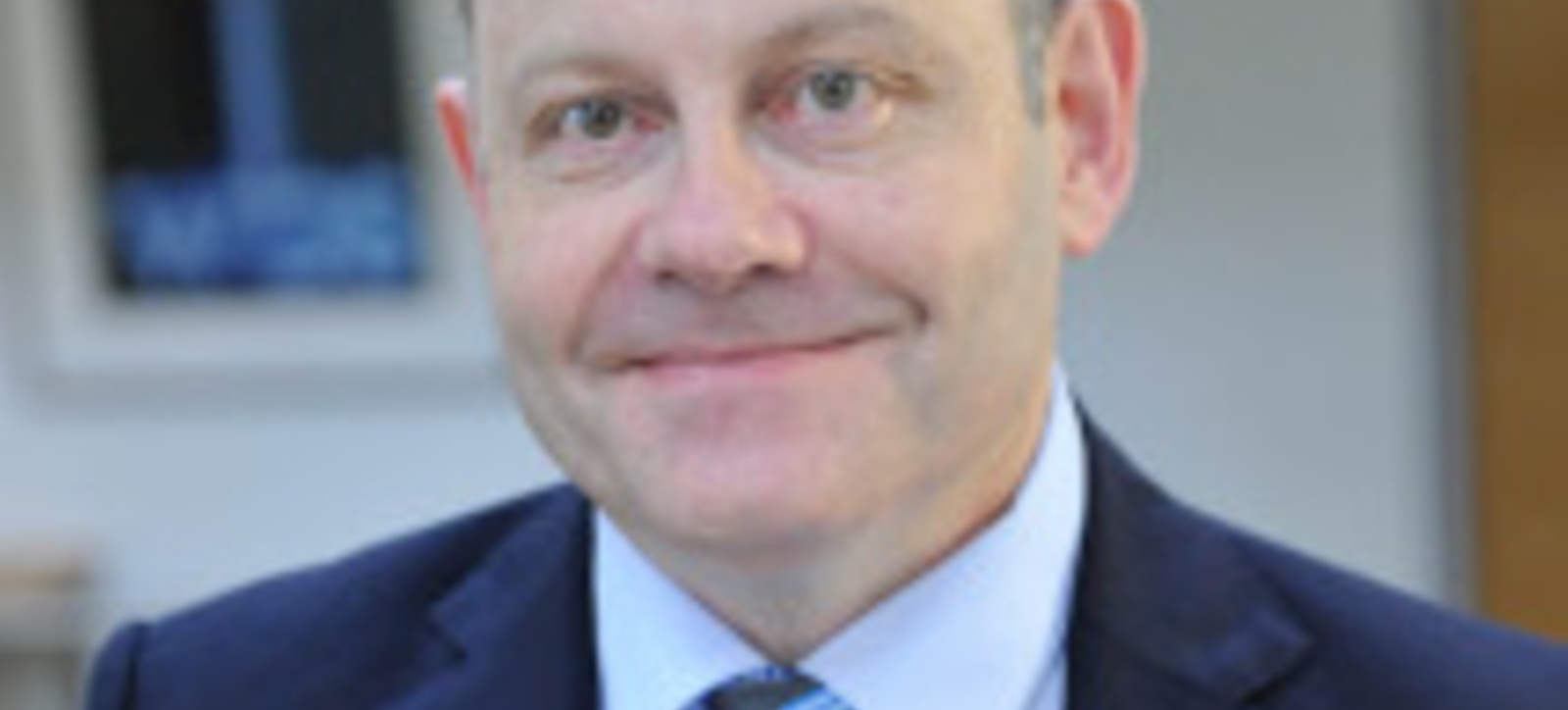
Many UK voters are suffering ‘decisional stress’ as they try to choose which party to put their cross next to in the General Election.
A recent poll suggested 40 per cent of voters are yet to make up their mind who to vote for, while at the last election in 2010 nearly 35 per cent of the UK didn’t vote.
Many have put this down to apathy but Professor Gerard Hodgkinson, Head of the Behavioural Science Group at Warwick Business School, believes the high number of people not voting could be a defence mechanism due to the decisional stress experienced when facing complex, uncertain choices, each of which bears the risk of a negative impact.
He said: “Many voters are under decisional stress. Although this concept is almost 40 years old it is one that is highly relevant in what is clearly an uncertain and anxious period for voters. It captures the idea that whenever decision makers face a series of invidious choices, where whichever option they take could result in losing out materially, financially or socially, they feel conflicted, an experience that many find too stressful to bear.
“As a result many people will opt out of the decision-making process as a way of alleviating that stress, while others will jump prematurely to a decision before they have had a chance to fully weigh up all the relevant options. Both of these ways of coping are dysfunctional and often lead to feeling regret once the decision process has ended. Another dysfunctional way of coping is by letting somebody else decide for us - for example, by accepting uncritically the views of an admired figure in the public eye - effectively 'passing the buck', rather than taking personal responsibility for the decision at hand.
“To make a rational decision we need to weigh up all the alternatives in front of us quite carefully. That is something we find difficult to do, so people will seek ways of short-cutting that process or simply opting out, which is the easiest way of avoiding the stress."
The polls have Labour and Conservative neck and neck ahead of the election on May 7, with it being widely predicted that the UK will have another coalition Government with UKIP, the Liberal Democrats, SNP, Greens, and DUP all in the picture for forming some sort of alliance with the two main parties.
Professor Hodgkinson believes the fragmented nature of the current election is adding to voters’ decisional stress as they are bombarded with information.
“Unless voters have a clear route map through this complexity and uncertainty, politicians are unwittingly adding to voters’ decisional stress,” said Professor Hodgkinson.
“People will start to go through the agonising process of deciding, and find that no matter which party they select they stand to lose out on one issue or another, whether they will be worse off in terms of their pension or job cuts down the line, or some other outcome they value highly. When those issues are multiplied together, as in the present election campaigns, it is not surprising that many voters are undecided and a sizable number are talking of opting out of the electoral process altogether.
“People will use defence-avoiding tactics like saying that ‘all politicians are in it for themselves’, ‘they all say the same thing’ and ‘are all as bad as each other’ – these are really ways of opting out of the process to minimise the stress they are experiencing.
“And yet the conflict theory of decision making pioneered by Irving Janis and Leon Mann almost 40 years ago teaches us that when people adopt one of these defence-avoiding tactics, when the process has finished they will likely suffer a sense of ‘post-decisional regret’ for not fully taking part more fully in the process.
“It is not apathy that many people are suffering but decisional stress around the choices they face and they don’t know which way to turn.”
Professor Hodgkinson says one way to cope with decisional stress at the election is for voters to create a balance sheet on the small number of issues that count most to them personally, by ranking them in order of importance, and then considering the pluses and minuses of each candidate in relation to those issues.
“Clarifying the way forward by homing in on the things that matter most and then weighing up the pros and cons is surely more likely to result in a better quality decision than jumping haphazardly from one problem and set of ideas to another.”
Listen to Gerard Hodgkinson talk about decisional stress on BBC FiveLive here. (He is on at 43 minutes)
Gerard Hodgkinson teaches Strategic Thinking: Strategic Evaluation and Analysis on the full-time MBA, The Psychological Foundations of Strategic Management on the MSc Marketing & Strategy and the suite of MSc Business courses.




 X
X Facebook
Facebook LinkedIn
LinkedIn YouTube
YouTube Instagram
Instagram Tiktok
Tiktok